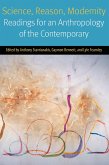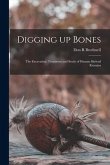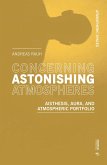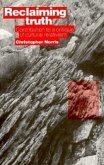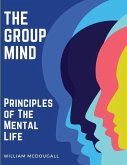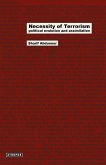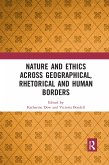In this dissertation I defend the claim that Nietzsche's middle period can be read as pre- senting a theory of cultural flourishing that has as its foundation the project of incorpo- rating truth. The consciously experienced world is the product of a number of interpretive processes operating below the level of consciousness. The intentional structure of experi- ence is universal to human beings, but the content of the resulting world is determined by inherited norms and inculcated associations. Culture in one sense refers to these inherited rules, but in another to the specific worlds that individuals are presented with as a result of them. The experienced world is relative to the interpretation employing in producing it, but experience is structured such that the world is presented as mind-independent. That is, the world is perspectivally constituted, even if each perspective presents its own world as the only one. This claim is what Nietzsche means by 'truth' in the project of incorporating truth. To incorporate this amounts to a refusal to commit to any one perspective dogmati- cally, which translates into the activity of continually altering one's experienced world. This is achieved by reordering the framework that forms culture. But this is not done because truth has absolute value that demands that it be incorporated. Rather, it is done in the name of health, which for Nietzsche amounts to realising to the greatest extent possible the inherent forces that govern all living things. Continually changing perspectives intro- duces diversity into one's existence; being able to maintain an identity in the face of this diversity is a demonstration of the strength of one's vitality. This balance of stable identity and maximum diversity is constitutive of great health at the individual level and at the cultural level. Since incorporation at the individual level employs the cultural framework, the activity involved automatically has the capacity to affect culture at large. Certain great individuals, who themselves exhibit great health, are conscious of this relation to culture and they use it both to maintain cultural diversity and to unite the community around and ideal that helps engender cultural health. That ideal is science.


